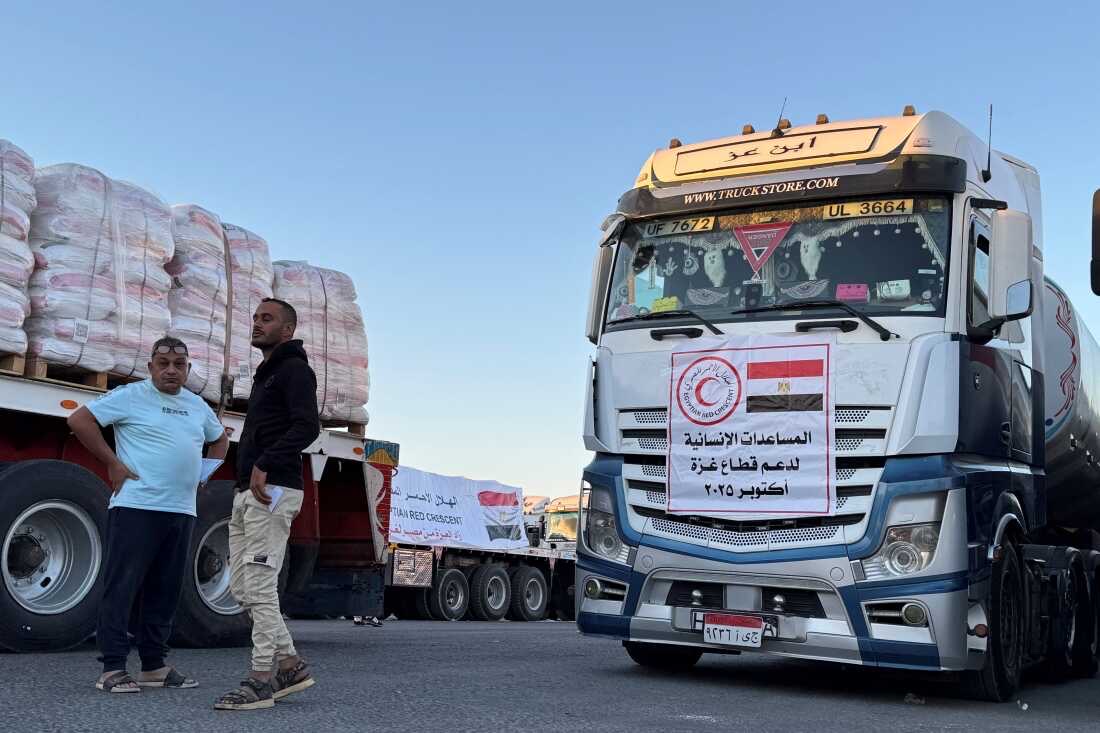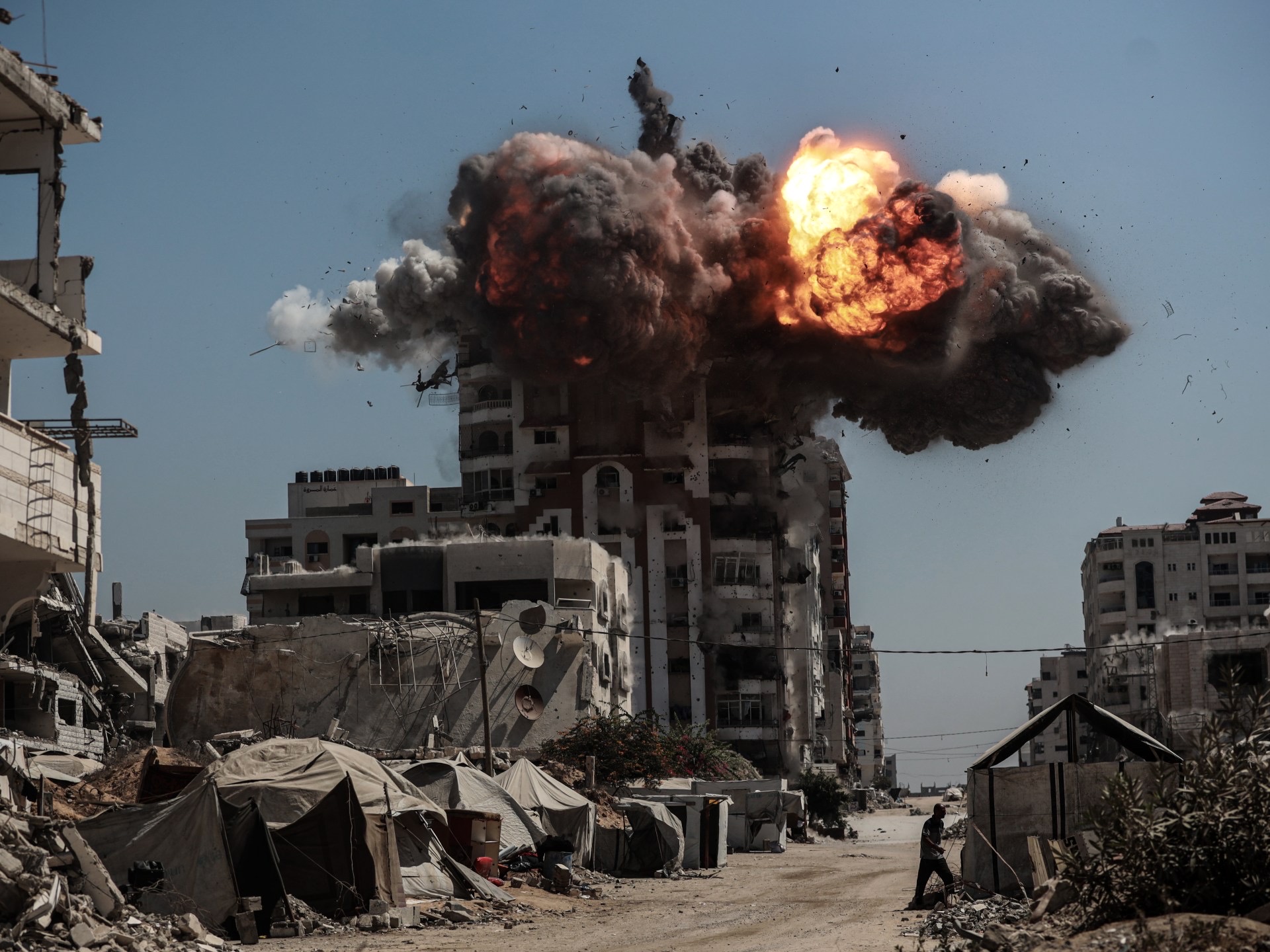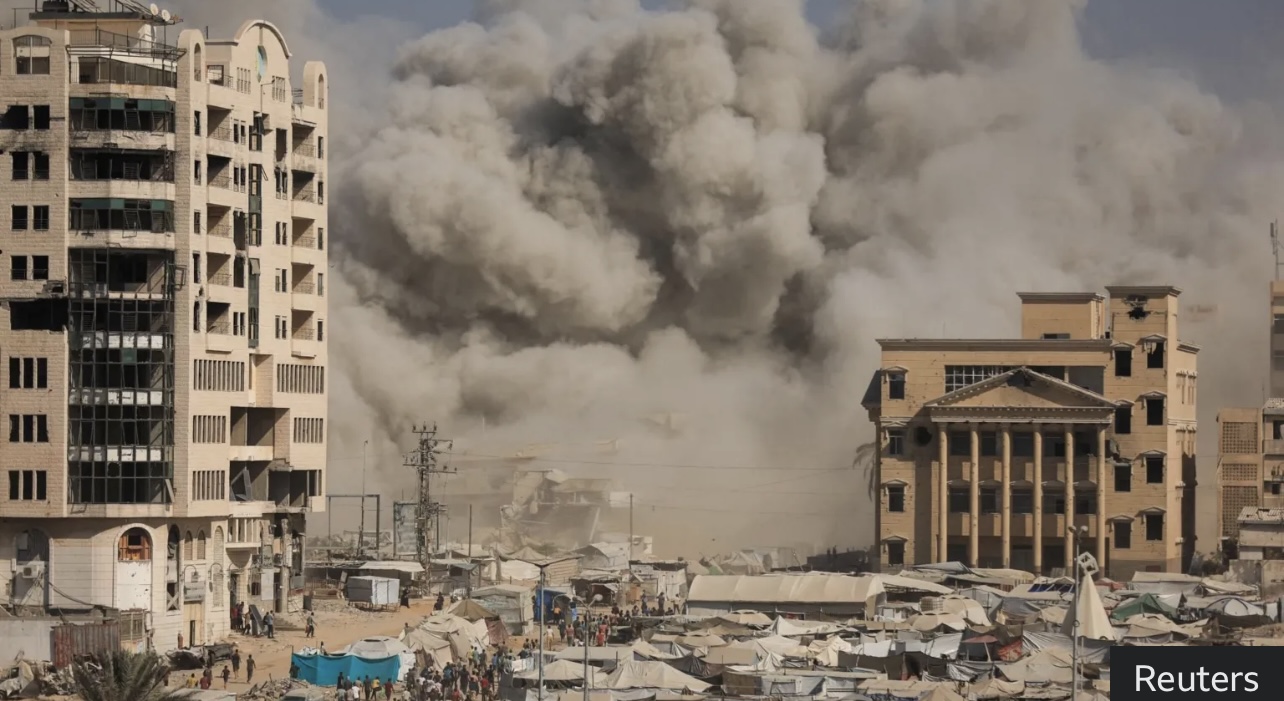The fragile truce between Israel Defense Forces (IDF) and Hamas in the Gaza Strip came under serious strain on Sunday after Israel announced a wave of air and artillery strikes across southern Gaza and suspended humanitarian aid deliveries indefinitely. According to the IDF, militants in the Rafah region fired on Israeli troops—reportedly using an anti-tank missile and gunfire—violating the ceasefire agreement, prompting what Israel described as “a massive and extensive wave” of retaliatory strikes.
From Gaza’s side, authorities reported that at least 15 Palestinians were killed in the strikes that hit multiple locations including central Gaza and refugee camps, and say they are not aware of any incident originating from Hamas in the Rafah area. Hamas’s armed wing denied involvement in any fighting in Rafah, stating that their forces were cut off in that zone and that they remain committed to the cease-fire.
In addition to the military escalation, Israel declared that humanitarian aid into Gaza will be halted “until further notice”—a move that risks exacerbating the already dire situation in the enclave. According to reporting, the aid flow had already been below targets, and now the cutoff adds immediate pressure on relief operations. The key Rafah crossing to Egypt remains closed, with Israel linking its reopening to Hamas’s handover of deceased hostages, underscoring how hostage issues, aid delivery and military operations remain entangled.

International mediators of the U.S.-backed truce deal urged both sides to show restraint, warning that the ceasefire could unravel under such strains. Observers say this is the biggest test yet of the agreement, which began earlier this month and envisaged phased Israeli withdrawals, major aid flows, and the release of hostages and prisoners.
As both parties exchange accusations—Israel accusing Hamas of the “blatant violation,” and Hamas accusing Israel of persistent breaches and collective punishment via aid cut-offs—the risk of renewed full-scale hostilities looms large. Many civilians in Gaza, already coping with food insecurity, damaged infrastructure and interrupted services, now face the prospect of yet more escalation.



